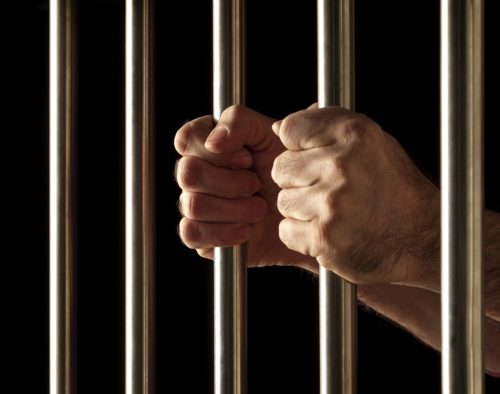
In New Jersey, a law exists known as the No Early Release Act that holds convicted persons accountable for serving their time behind bars. This act requires that people convicted of certain crimes serve no less than 85-percent of the sentence issued by the court. Only after they have served this portion of their sentence should they be eligible for parole. This piece of legislation is applicable to those who have been convicted of a first or second-degree offense of a violent crime, which can be defined by any criminal act that causes serious injury or death to a victim or threatens a person with “the immediate use of a deadly weapon.” Deadly weapons include firearms, objects, and substances that can be used with the intention of harming another party.
It is important to note that when a case goes to trial and the guilty verdict is determined, the prosecutor has to provide the defendant with written notice that they are subject to the No Early Release Act. However, if the defendant pleads guilty to a second-degree crime that is downgraded to a third-degree crime, the court will be required to state the term of incarceration. Accordingly, if the crime had remained a second-degree crime that was subject to the No Early Release Act, there would have been a mandatory minimum term of imprisonment and therefore, there should be a mandatory term for this crime as well.
One final factor to be aware of under NERA is that if the defendant pleads guilty, the court is required to inform them that if their term of parole is violated, the period of supervision can last longer than the term of the initial sentence.
If you have been charged with a crime and need an experienced criminal defense attorney, contact The Law Office of Michael A. Policastro.